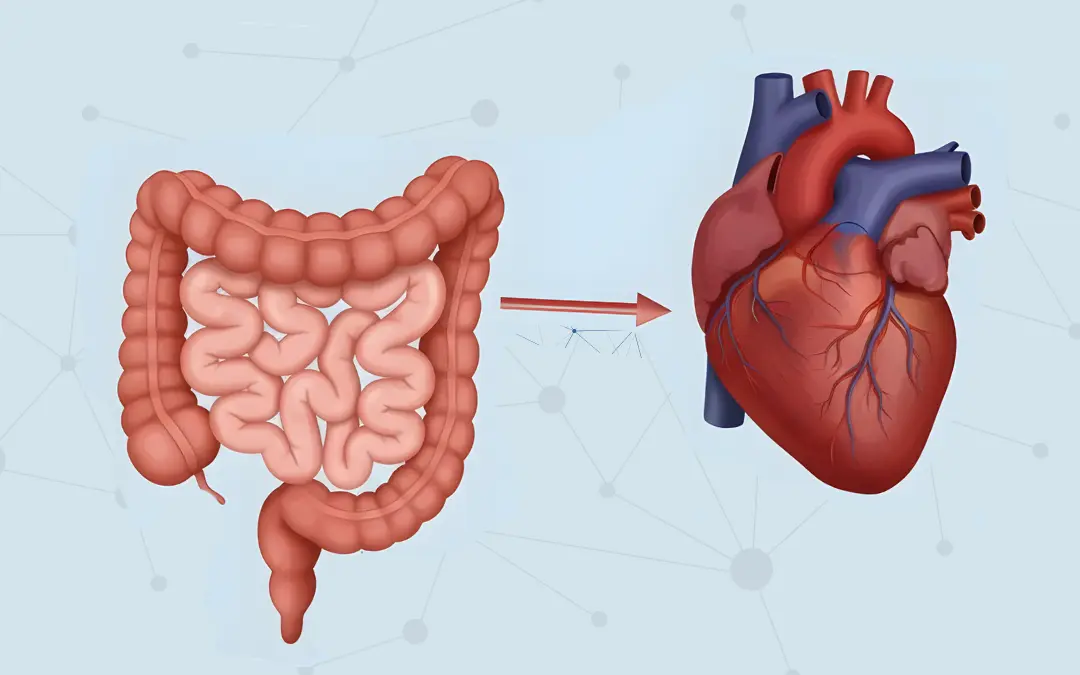- Written by Dr. Keshavan Nambisan, Co-Founder & Chief Medical Officer of UWAY Health
What Causes Tinnitus? – Understanding the Triggers
- Noise Exposure: Exposure to loud sounds in various settings, such as workplaces, concerts, or sporting events, can lead to tinnitus. It’s worth noting that veterans are particularly vulnerable to tinnitus due to their exposure to loud noises, like gunfire, machinery, and explosions.
- Hearing Loss: Tinnitus is strongly linked to hearing loss, which can result from aging or prolonged exposure to loud noise. Interestingly, not everyone with hearing loss experiences tinnitus.
- Medications: Certain medications, especially when taken at high doses, may trigger tinnitus. These can include non-steroidal anti-inflammatory drugs (e.g., ibuprofen, naproxen, and aspirin), specific antibiotics, anti-cancer drugs, anti-malaria medications, and certain antidepressants.
- Earwax or Ear Infection: Blockages in the ear canal caused by earwax or fluid from an ear infection can be tinnitus culprits.
- Head or Neck Injuries: Injuries to the head or neck can harm the ear’s structures, nerves that transmit sound signals to the brain, or areas responsible for processing sound, potentially leading to tinnitus.
- Cervical Spondylosis and Its Link to Tinnitus: Cervical spondylosis ranks among the primary contributors to tinnitus. Often, it’s perceived as a symptom of the underlying condition, leading people to overlook the need for specific treatment. Nonetheless, once the root issue is addressed, the associated symptoms can gradually diminish
Less common risk factors for tinnitus include:
- Ménière’s Disease: This inner ear disorder, besides causing balance and hearing problems, can induce tinnitus.
- Jaw Joint Issues: Problems with the jaw joint, located close to the ear, can result from teeth grinding or jaw clenching, potentially aggravating or causing tinnitus.
- Tumor-Related Disorders: Benign tumors like vestibular schwannomas (acoustic neuromas) can affect the nerve connecting the inner ear to the brain, leading to tinnitus. Other head, neck, or brain tumors may also contribute.
- Blood Vessel Problems: Conditions like high blood pressure, atherosclerosis, or blood vessel abnormalities near or within the ear can disrupt blood flow and trigger tinnitus.
- Chronic Conditions: Tinnitus has been associated with various chronic conditions, including diabetes, migraines, thyroid disorders, anemia, and autoimmune disorders like lupus and multiple sclerosis.
Allopathic Tinnitus Management
- Antidepressants: Medications like amitriptyline are prescribed to mitigate tinnitus-related depression and anxiety.
- Antianxiety drugs: Benzodiazepines, such as diazepam, can help reduce anxiety and improve sleep quality for individuals with tinnitus.
- Anti-inflammatory drugs: Non-steroidal anti-inflammatory drugs (NSAIDs) may be considered if tinnitus is associated with inflammation.
- Vasodilators: Medications that enhance blood flow, like betahistine, may be recommended when tinnitus is connected to circulatory issues in the ear.
Does Tinnitus Affect the Brain?

COVID-19 Pandemic Effects on Tinnitus: Recent Research Findings

Why and When Do Patients Opt for Ayurvedic Tinnitus Treatment?
- Ineffective Allopathic Treatments: Many patients seek Ayurvedic treatment for tinnitus after not experiencing relief from prolonged allopathic treatment.
- Ineffectiveness of Hearing Aids: When hearing aids fail to provide significant relief or do not perform optimally, patients often consider Ayurvedic alternatives.
- Exploring Non-Surgical Options: Some patients, even after being advised to undergo surgery, prefer to explore non-surgical avenues for managing their tinnitus.
- Tinnitus caused by physiological issues.
- Tinnitus stemming from psychological problems.
- Patients with Tinnitus resulting from a combination of both physiological and psychological factors.
- Karna Poorna (Warm Medicated Oil Ear Drops):
- Karna Poorna involves the gentle administration of warm medicated oil drops into the ears, soothing auditory nerves and alleviating tinnitus symptoms.
- Kaval and Gandusha (Oil Gargling and Mouth Holding):
- These oral practices entail swishing specific oils in the mouth for a designated period, effectively calming Vata dosha and promoting ear health.
- Abhyanga (Full Body Massage):
- Abhyanga, a revitalizing full-body massage with medicated oils, fosters overall well-being and aids the body in managing tinnitus more effectively.
- Shirodhara:
- Shirodhara is a deeply relaxing therapy where a continuous stream of warm herbal oil is poured onto the forehead, helping reduce stress and anxiety often associated with tinnitus.
- Snehpana (Internal Oleation):
- Snehpana involves the consumption of specific medicated oils to pacify Vata dosha, reducing tinnitus intensity and promoting inner balance.
- Virechan (Purgation Therapy):
- Virechan is a cleansing therapy that purifies the body and mitigates the effects of tinnitus, especially when aggravated by excess toxins.
What brings you to Ayurveda today?
9 out of 10 people who reach out have already tried something else. You’re not alone — let’s find what truly works for you.
You’ll receive a call within a few hours — no obligations, just clarity.
You’ll be consulting with one of the best Ayurveda medical teams specialising in Tinnitus condition.
About Author

DR. PT Keshavan Nambisan
Dr P.T. Keshavan Nambisan is a renowned Ayurvedic expert and the fifth-generation representative of his family, which has been practising traditional Vaidyas of the Old Malabar region of Kerala for generations. He graduated with a Bachelor of Ayurvedic Medicine and Surgery (BAMS) from Rajiv Gandhi University of Health Sciences.
With over 20 years of experience, Dr Keshavan is known for his expertise in addressing complex, chronic, and progressive illnesses such as autoimmune diseases, cancer, chronic kidney disease, and autism spectrum disorders. Before co-founding UWAY, he served as Deputy Chief Medical Officer at The Arya Vaidya Chikitsalayam (AVP), Coimbatore.







